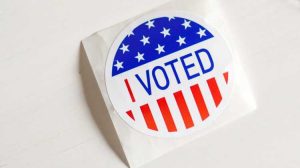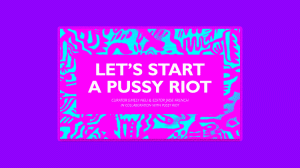
“Poetry sees the starlight smile of children”
Shelley said, seeing this as life’s truest wealth.
In Shelley’s world the “natural order
Has no place for tyrants” –
Neutering the beauty of the earth,
With all its inspirational beings:
Plants, animals, humans,
And elemental presences.
He was an atheist
Of a most particular kind
For his own spirit is ever present
In the poetry that he envisioned
To be “the interpenetration
“Of a diviner nature
“Through our own.”
He saw this poetry’s footsteps as being like
“Those of the wind over the sea
“Which the coming calm erases,
“And whose traces remain
“In the wrinkled sand which paves it.”
In just such a fashion Shelley’s now etched
Into the wrinkled neurology of the brain,
And he’ll rise to the surface in a trice
As the oppressed take up his chant:
‘We are many, they are few.’
These potent phrases were coined by him
After the Peterloo massacre where
Crowds of Manchester demonstrators
Protesting against cruel and unfair conditions
Were cut down by a Tory government –
Women and children included.
‘We are many, they are few’
Those who’ve never heard of Shelley
Know this to be true…
True for the Ninety Nine Percent who occupied Wall Street
To shame the One percent
Counting their algorithmic wealth
In that cold-hearted gully;
True for those in Tahrir Square
At the height of the Arab Spring
Who adopted this as their slogan;
True for the two million who marched
Against the impending war in Iraq
With Shelley’s line displayed upon their banners.
Here’s how Byron invoked his dead friend
As he stood beside Shelley’s drowned body,
On the shores of Lerici on the Ligurian coast,
To watch its twenty-nine-year-old flesh burning:
“He was the most gentle, the most amiable,
“And least worldly minded person
“I ever met. Disinterested beyond all other men.
“And possessing a degree of genius
“Joined to simplicity
“As rare as it is admirable.
“He had formed to himself
“A beau-ideal
“Of all that is fine, high-minded and noble.
“He acted up to this ideal to the very letter.”
Shelley devised formulae for man’s improvement:
Poetic equations to enlighten those
Weighed down by enervating shibboleths.
He saw how, “The great man’s comfort equals the poor man’s woe”,
And how war makes small men feel important,
And why militarized violence is quite worthless
Because, “Man has no right to kill his brother.
“It is no excuse that he does so in uniform:
“He only adds the infamy of servitude to the crime of murder.”
Whilst laws passed in Shelley’s day are now redundant –
Consigned to unconsulted vellum scrolls –
And whilst the authorities who then held sway
Are no more than corpse-dust in the wind,
Shelley’s spirit is still legislating
For another world that’s possible.
“Government is an evil…” Shelley proclaims,
“When all men are good and wise,
“Government will of itself decay.”
He then whispers an erotic conjuration:
“Soul meets soul on lovers’ lips”,
As this life-lover dances through the aether.





Leave a Reply